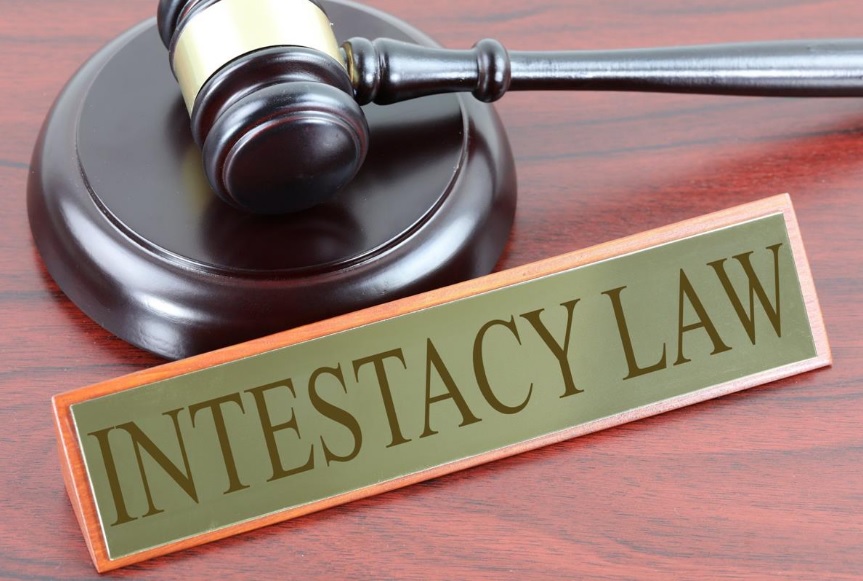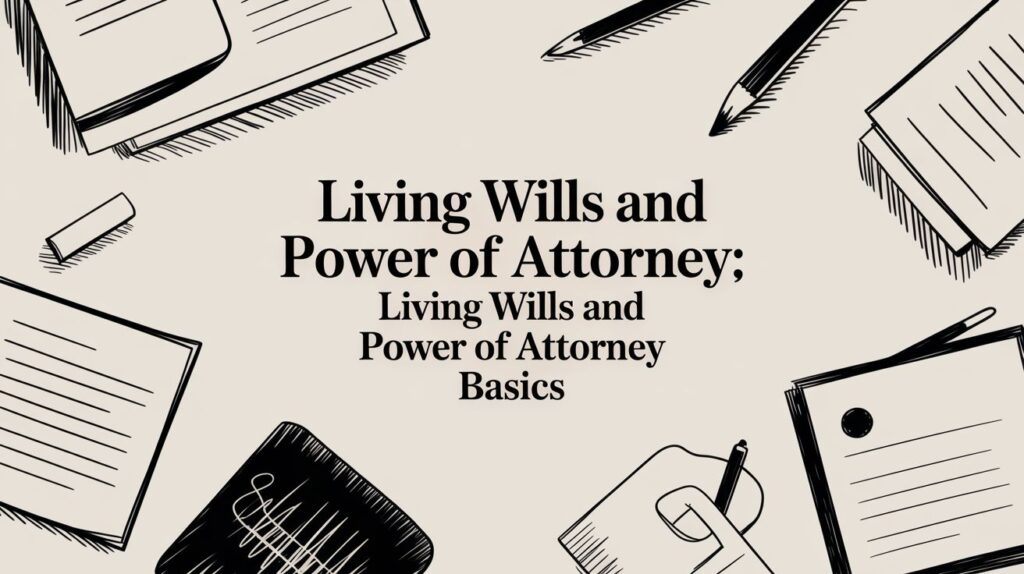The question “Can a bank foreclose on a house in probate Texas?” isn’t just theoretical—it becomes terrifyingly real for families already overwhelmed by grief. In Texas, when a loved one passes away leaving behind a mortgage, the emotional loss can quickly spiral into legal and financial chaos. Many assume that the probate process will freeze everything, including mortgage payments. Unfortunately, that assumption is not only wrong—it could cost you the house.
In this comprehensive guide, we’ll unpack how foreclosure works in the context of probate in Texas. We’ll answer the pressing question—can a bank foreclose on a house in probate Texas?—while walking you through what really happens after the owner passes away, and more importantly, what you can do to protect the estate from foreclosure. Through real-life examples and legal insight, we’ll show how acting quickly and understanding your rights can make all the difference.

What Is Probate in Texas and How Does It Work?
Before we dive into foreclosure, let’s first understand probate. In Texas, probate is the legal process of settling a deceased person’s estate. It involves validating the will (if there is one), identifying heirs, paying off debts, and distributing remaining assets. The court supervises the entire process, and an executor or administrator is appointed to manage the estate.
The Probate Timeline
The probate process doesn’t happen overnight. Depending on the complexity of the estate and the cooperation of heirs, it can take months—sometimes over a year. And that’s where things get complicated. During this waiting period, the mortgage lender isn’t going to pause your loved one’s loan just because they’ve passed away.
Can a Bank Foreclose on a House in Probate Texas?
Yes, a bank can foreclose on a house in probate in Texas. This is where many families get caught off guard. Just because a house is in probate doesn’t mean the lender loses its right to enforce the terms of the mortgage.
Why the Bank Still Has the Right to Foreclose
When someone dies, their debts don’t disappear. The mortgage survives the homeowner. If mortgage payments are missed after the owner’s death, the bank can initiate foreclosure proceedings—even while the house is tied up in probate. In Texas, the law allows banks to pursue foreclosure if a loan is in default, and the death of the borrower doesn’t freeze that obligation.
The Difference Between Ownership and Possession
Heirs often believe they have to wait until probate is completed before they can make decisions about the house. In reality, anyone with a vested interest in the estate—especially the executor—can and should take steps to preserve the property. That includes making mortgage payments to prevent foreclosure. Failing to act gives the bank a legal pathway to sell the home.
Real-Life Example: How One Family Lost Their Inherited Home
Consider the case of the Reyes family in Houston. When their father passed away, his house was still under mortgage. The family assumed that the bank would “wait for probate.” Unfortunately, no one paid the mortgage for four months, and the bank began foreclosure. By the time they hired a probate attorney and got into court, the property had already been scheduled for auction.
Despite proving their inheritance rights, the family couldn’t stop the sale. The judge noted that the bank had a lawful right to foreclose. The house was sold, and the heirs lost not just a home—but decades of family memories and potential equity.
Step 1: Identify the Mortgage Status Immediately After Death
Once a loved one passes, one of the first things you need to do is determine the status of their mortgage. Is it current? Is it behind? Are there any notices of default?
Gather These Documents:
- Mortgage statements from the last six months
- Notices from the lender (including any foreclosure warnings)
- Deed and title documents
- Insurance policy and tax statements on the property

This paper trail tells you how urgent the situation is and whether immediate action is needed to prevent foreclosure on the house in probate Texas.
Step 2: Contact the Mortgage Lender Right Away
This step cannot be delayed. Once you have a copy of the death certificate, contact the lender’s loss mitigation or probate department. Inform them that the homeowner has passed away and ask for a full breakdown of the loan status.
What to Ask the Lender:
- Is the loan current, or in default?
- Are there any foreclosure proceedings already underway?
- Can the estate assume the loan or continue making payments?
- What documents are needed to delay or halt foreclosure?
Most lenders won’t immediately foreclose if someone is in contact with them and making an effort to manage the debt. But silence can be taken as abandonment—and that opens the door to a foreclosure sale.
Step 3: Open Probate as Soon as Possible
If you haven’t done it already, file to open probate in the appropriate Texas county. This legal step is what gives someone (usually the executor or an heir) the authority to act on behalf of the estate.
Why Probate Matters to Foreclosure Defense
You can’t legally negotiate with the lender, apply for loan modifications, or even sell the property unless you have authority through probate. Courts in Texas will not allow transactions involving estate property without formal letters testamentary or letters of administration.
Probate empowers you to intervene in the foreclosure process with legal standing.
Step 4: Keep Paying the Mortgage if Possible
If you can afford it, continue making mortgage payments during the probate process. Doing so shows the bank that the estate is acting in good faith and preserves the property from default.
Many heirs are afraid to pay a mortgage on a house they don’t legally own yet. But in Texas, courts recognize that estate representatives can and should take steps to protect assets during probate. That includes covering mortgage payments temporarily.
Tip: Use Estate Funds If Available
If the deceased left behind a bank account or liquid assets, the executor can use those funds to pay the mortgage while probate is pending. Just make sure every transaction is documented forprobate court records.
Step 5: Consider Selling the Property to Prevent Foreclosure
In cases where the estate can’t afford to maintain mortgage payments, selling the property may be the best option. You don’t have to wait for probate to finish in full—once you have court authorization, you can list and sell the property through the estate.
Avoiding a Fire Sale
If foreclosure is imminent, the sale needs to move fast. That’s where experienced probate attorneys and real estate agents who understand estate sales in Texas become invaluable. They can help navigate the court system and speed up the process so the property sells before the bank takes it.

Step 6: Apply for a Loan Assumption or Modification
Some lenders allow heirs to assume the mortgage, especially if they plan to live in the home. Others might offer a modification, especially if the estate is in probate and actively working toward resolution.
Requirements for Assumption:
- Court documentation showing legal authority
- Proof of financial ability to make payments
- Credit checks (depending on the lender)
If approved, the heir can take over the loan and prevent foreclosure entirely—even before probate is closed.
Step 7: Seek Legal Help Immediately if a Foreclosure Notice Arrives
If you receive a Notice of Default or Notice of Sale, contact a Texas probate attorney immediately. They may be able to file a temporary restraining order (TRO) to pause the foreclosure and give the estate time to act.
TROs and Emergency Hearings
In emergency situations, courts in Texas can issue TROs within 24–48 hours. These orders temporarily halt the foreclosure process, but they require legal arguments and fast filings. Without one, the home could be sold at auction within weeks.
Can You Stop Foreclosure on a House in Probate Texas?
Yes, you absolutely can—but time is your enemy. Acting early and taking proactive steps are essential if you want to stop foreclosure on a house in probate Texas. Whether it’s negotiating with the lender, continuing payments, or selling the home, every decision must happen quickly and legally.
What Happens to Foreclosure Proceeds in Probate?
If a bank does foreclose, any equity left in the property after paying off the mortgage is returned to the estate. However, the costs associated with foreclosure—legal fees, penalties, late charges—can eat up a significant portion of that equity.
In contrast, a private sale through the estate often results in more value for the heirs. That’s why foreclosure should be treated as a last resort, not an inevitability.

Final Thoughts: Don’t Let Foreclosure Steal What’s Yours
So, can a bank foreclose on a house in probate Texas? Yes, it can—and it will if no one takes responsibility. Probate doesn’t protect the home from foreclosure. Only proactive steps, communication, and legal action will. When a loved one passes away, their home becomes a legal asset—but also a vulnerable one. Without a plan, it could be gone before probate ever concludes.
Whether you’re an executor, heir, or concerned family member, take steps now. Gather documents, talk to the lender, file probate, and get legal help. These moves don’t just preserve property—they protect family legacy, honor your loved one’s wishes, and secure your financial future.








